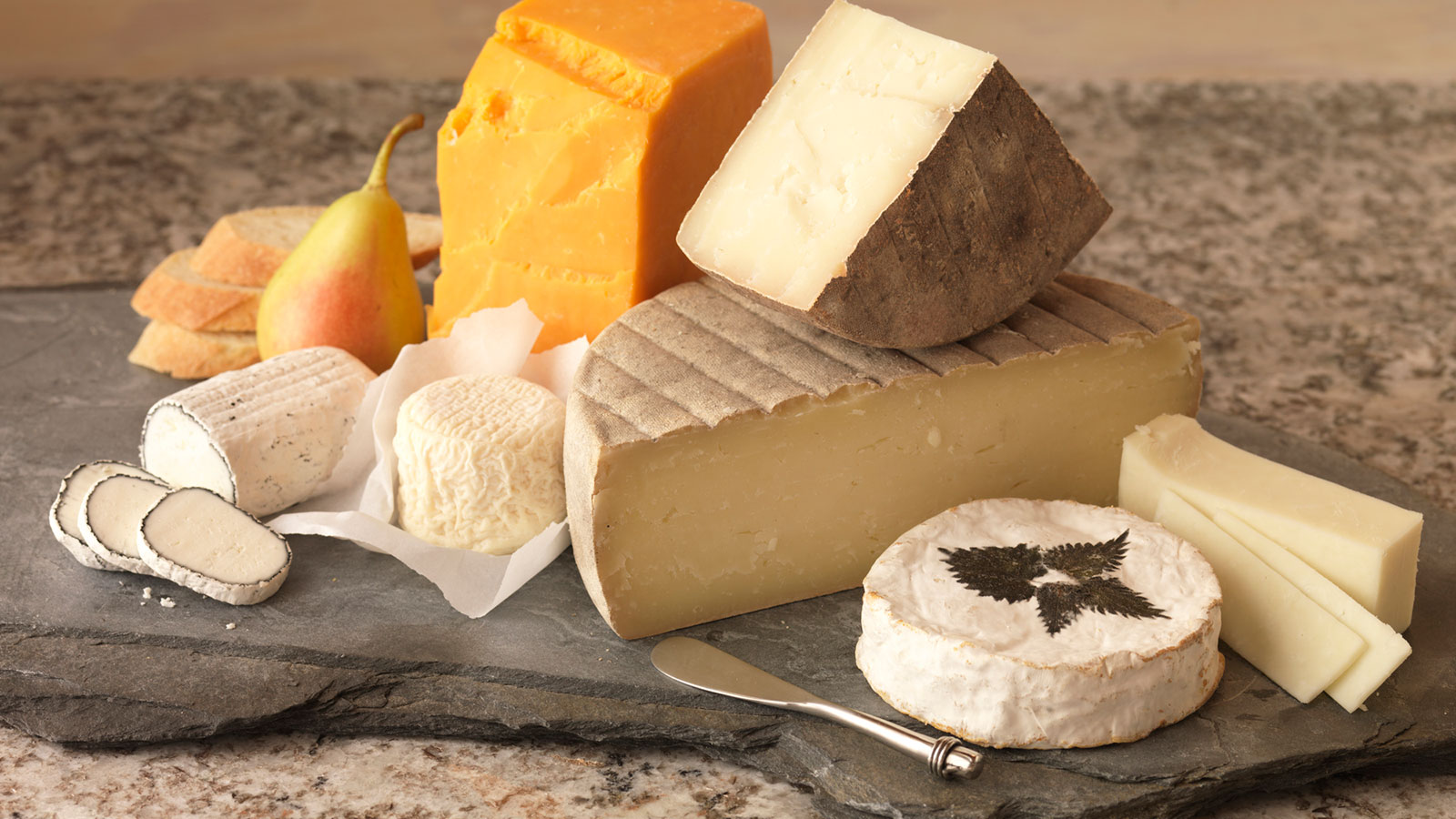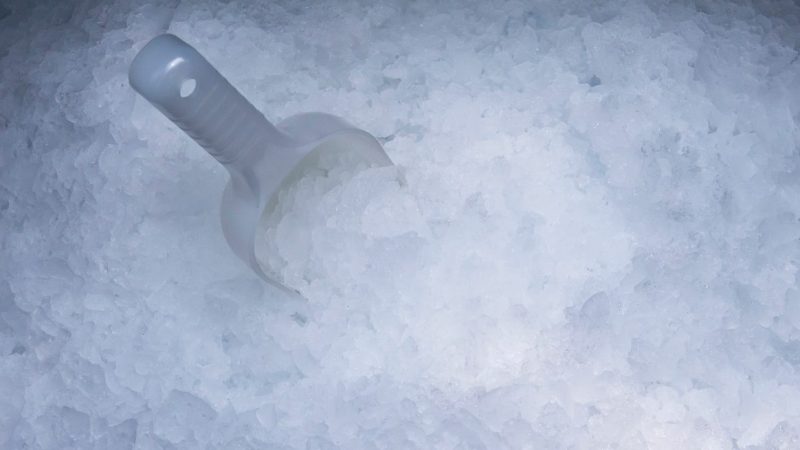What are the Different Types of Cheese Found?

Humans like to classify foods as excellent or poor foods, but as it ends up, it is never that straightforward.
We have various genetics, exposures, and hundreds of various compounds in our diet plan that make it so that no solitary healthy foods are either inherently poor or good.
Opponents, as well as advocates of cheese, have the following arguments.
Welsh cheese challengers declare that all cheeses can:
- Reason cardiovascular disease
- Reason methane discharges to increase
- Increase swelling
- Have too much-saturated fat
- Be expensive in salt
Cheese supporters assert that cheese is:
A mineral-rich food
Probiotic-rich food
A good protein resource
Sustains biodiversity
Supports regenerative agriculture
Here are some fundamental realities regarding cheese background, sorts of cheeses, cheese making, dangers of consuming cheeses, benefits of consuming cheese, and more.
Types of cheeses
There are more than a thousand sorts of cheese on the marketplace today. According to Cheese Internet, there are seven types of cheese classifications. They are:
Fresh cheese
Cottage cheese, Ricotta, and Mozzarella
Aged-fresh cheese
These are cheeses from fresh goats’ milk that get permitted to create a slim peel, such as ricotta as well as mozzarella:
Camembert, Chevre, Bri
Soft white rind
These are made with penicillin candidum and also establish a white skin:
Semi-soft
Edam, Taleggio, Munster
These are rubbery cheeses with slim skin, commonly fermented with microorganisms that cause an orange rind:
Hard
Cheddar, Parmesan, Pecorino Romano, Gruyere
Pressed for a long time to remove dampness and after that usually matured for a long period
Blue
Stilton, Roquefort, Gorgonzola
Blue penicillium mould and mildew are included in the milk before separating the curds as well as whey and develop the characteristic blue colour of the cheeses
Flavour-added
Any type of aged cheese with flavour ingredients, such as chives, truffles, seasonings, wine, and more.
Did you know?
Cheddar cheese was originally manufactured in a village called Cheddar in the UK? The town of Cheddar contains many caves, which offer the perfect conditions for making cheddar’s notorious taste.
Brie is additionally named after the region where it originated in France. It is a soft cow’s milk cheese that needs to be warmed up to space temperature level to get the very best flavour.
To know about Welsh food, please follow the link.






